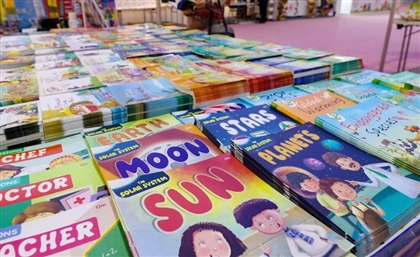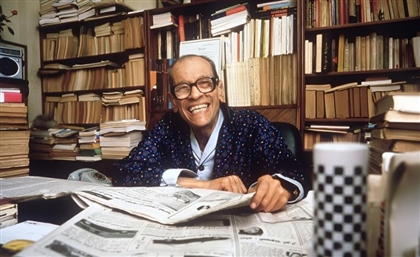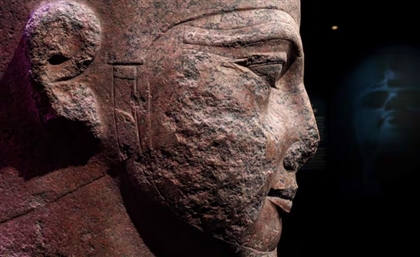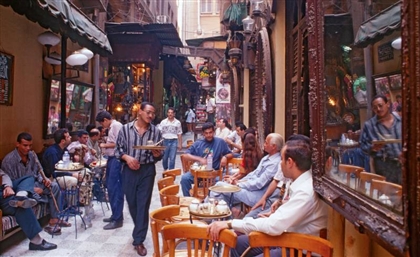Disgrace: The Shame of Conflict
This week, our reigning Bookie Monster takes a look at the racial tensions in J.M. Coetzee's powerful novel, Disgrace.
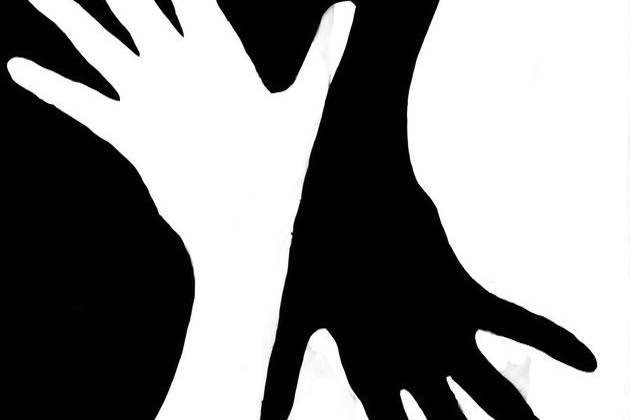
The political and social climate in Egypt saddens me. It makes me ponder the nature of conflict; particularly conflicts that do not originate from acts of ill will but by matters of belief or aesthetics. Maya Angelou once said, 'I've learned that people will forget what you said, people will forget what you did, but people will never forget how you made them feel.’ While I certainly agree with the sentiment of the saying, I truly believe that in not forgetting how you felt, it leaves the window cracked open; allowing for the dust to lie dormant, only until a gust of wind blows it into disarray. For this reason, I chose a text to discuss this week that speaks to the perils of polemic disputation.
Disgrace by J. M. Coetzee is a contested novel that addresses the echoes of racial tensions within the South African context. The novel is a masterfully layered account of differing stories of people, both black and white, who are still struggling to deal with the reality of racial subjugation that had occurred in the past.
The story begins with David Lurie, a middle-aged divorcé who is a professor of Romantic poetry, getting involved in a disturbing affair with one of his students. When things turn sour, the student reports him to the board of the university and he is asked to not only accept his guilt, but to repent publicly. Willing to do the former but unable to live the embarrassment of the latter, David resigns and moves in with his daughter, Lucy. Lucy lives in an isolated smallholding that is surrounded by impoverished communities. However, despite her father's somewhat apparent apprehension, she emerges as a symbol for reconciliation in the obvious weight she self-imposes upon her shoulders; the white man’s guilt.
However, when the political climate within the country begins to change, and social power begins to fluctuate, David and Lucy fall prey to savage and disturbing attacks. Not only do these attacks shed light on the faultiness of the relationship between father and child, but the racial tensions within the county (both past and present) are enclosed in a marvelously disturbing metaphor. How does one forget the past? Is vengeance the only relief from the experience of subjugation? Should we pay for the crimes of our forefathers? These alongside so many more profound questions are raised through the content of the novel.
Coetzee’s theme of racial inequality and the tab of injustices speak volumes on the nature of politics and society in South Africa today. A nation that only very recently rid itself of the formal authoritative racist divides, South Africa remains a land where social interactions between Whites and Blacks remain tense. Having recently visited the country, it is flagrantly obvious that although the political power rests with the black population and communities, the economic power (of course having had the benefit of years to establish itself) belongs to the whites. Amidst such disparity, you can’t help but wonder how a) the black population did not take a nation-wide violent measure against those who had spearheaded the apartheid regime, and b) how the prevalent disparity is to be resolved in leiu of psycho-social attitudes between the blacks and the whites. There are so many different attitudes towards this dilemma; the white man’s guilt, the black man’s vengeance, the white supremacy, the black supremacy, and collectively they all highlight one salient point: that the matter of racial rigidity remains highly flammable.
In terms of literary value, Coetzee is a Nobel laureate who has mastered the art of simplifying language down to its very core. Not using an inch more than is needed, his economy of words (perhaps equitable to Hemmingway in some respects) serves to only heighten the volatile subject matter that he tends to address. The art of his language is such that the reader is not explicitly told the race of the characters in Disgrace. This is a matter that they themselves must try to figure out, a move that intelligently exemplifies the amalgamated political portrait of South Africa today.
Upon reading this book, I felt both disheartened and inspired. Disheartened for obvious reasons, but inspired by the prospect of salvation alongside its relation to forgiveness and redemption. I needn’t highlight the relativity of these aspects to the current state of affairs in Egypt.
All in all, I would highly recommend reading this novel. Despite it not being your first choice in terms of wanting light reading, it proves especially profound and relevant within the Egyptian socio-political context. We may not suffer the stains of racism, but we do find ourselves defined by increasingly hard-line polarity.
- Previous Article The Pursuit of Happiness
- Next Article Nomades Land




